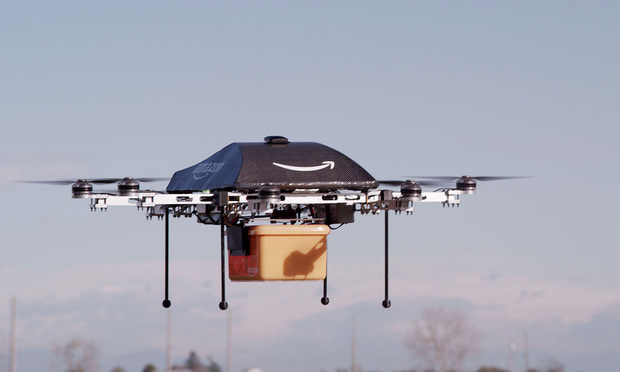Entrepreneurs like Jeff Bezos looking to incorporate drones into their business practices will have to wait a little longer, according to a proposed rule from the Federal Aviation Administration about safety procedures for the operators of unmanned aerial systems. The message was clear: hobbyists only.
“Any operation not conducted strictly for hobby or recreation purposes could not be operated under the special rule for model aircraft,” according to the FAA’s proposed rule. “Clearly, commercial operations would not be hobby or recreation flights.”
The rule comes in response to increasing pressure on the agency to put out a formal position on commercial drone policy. Before, the only governance of the would-be industry was iterated in a 2007 memorandum banning commercial drones. A National Transportation Safety Board administrative judge in March found the memo unenforceable.
“I think it’s clear that this is intended as an interim policy until the agency proposes and finalizes actual regulation for commercial drones,” Brendan Schulman, an attorney at the New York offices of Kramer Levin who represented the drone pilot in NTSB case, said in an interview. Those rules, analysts predict, will go into effect in 2016.
But a commercial drone moratorium is not the only cause for concern, advocates say.
The FAA Modernization Act of 2012 exempts drone operators from “model aircraft” regulations provided that the machines be under 55 pounds, flown in line of sight, and used for hobbyist purposes only. However, the FAA says in its proposal that this doesn’t exempt those aircrafts from FAA-wide policies like the visual flight rules over Washington D.C. or special requirements to fly near airports.
Many advocates see this as a gambit the agency has used to widen its reach. “The FAA interpretive rule effectively negates Congress’ intentions, and is contrary to the law,” Bob Brown, a model airplane advocate, said in a written statement. Brown is the president of the community group, Academy of Model Aeronautics (AMA,) which oversees much of the hobbyist safety programs for drones.
Perhaps most of all, the model aeronautics organization takes umbrage with the FAA’s prohibition of First Person View systems, or goggles that project a live feed from a camera mounted on the aircraft.
Schulman says this part of the rule is “not faithful to the text or the intent of the statute.”
Entered into the Federal Register on Monday, the rule will go through a 30-day comment period in which the public can weigh in on the proposed rule. However, according to the notice, the FAA considers it effective immediately.






